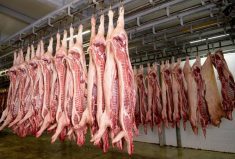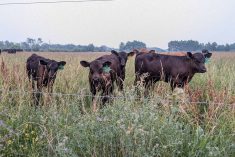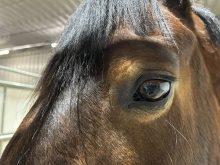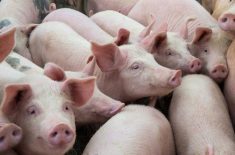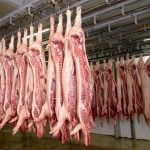Three major service providers in Canadian dairy farming have formed a partnership that will result in one company supplying herd management and genetic services to Canadian dairy farmers.
The partnership, including CanWest DHI, Valacta and the Canadian Dairy Network (CDN), still has to be approved by farmer-members of the organizations.
CanWest DHI provides on-farm testing services for individual dairy cow production and health in Ontario and Western Canada. Valacta provides the same services in Quebec and the Maritimes and the Canadian Dairy Network (CDN) provides genetic evaluation services for the sector.
Read Also
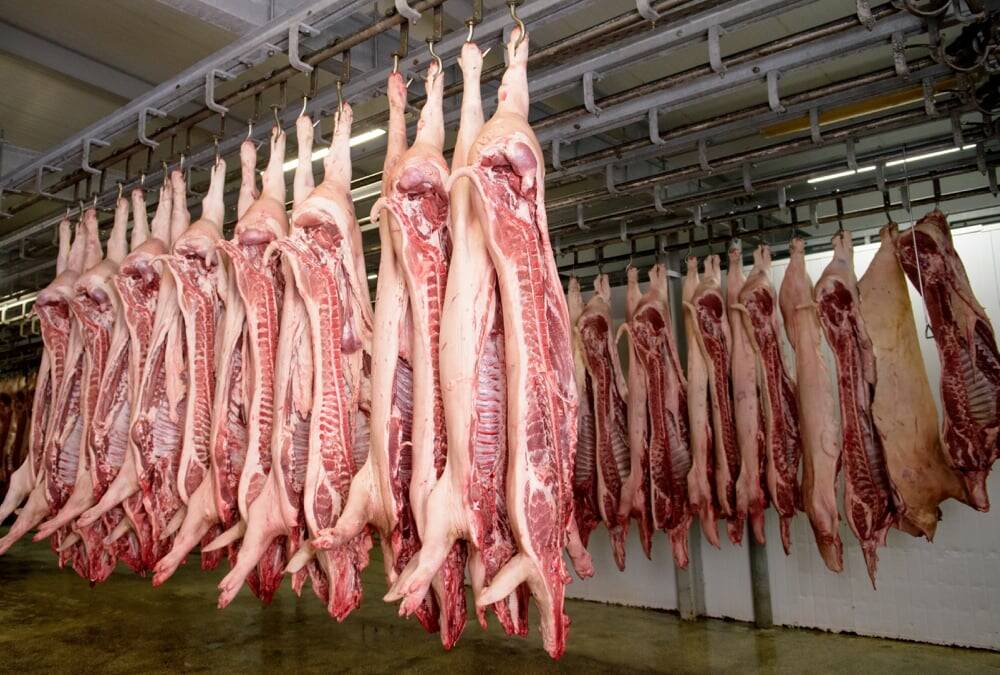
U.S. livestock: Lean hogs tick down on supply numbers, year-end positioning
Chicago | Reuters – Chicago Mercantile Exchange live cattle and lean hog futures fell while feeder cattle futures rose on…
“We have worked closely with our partners at CanWest DHI and the Canadian Dairy Network for more than two decades and this is a natural extension of our historic working relationship,” said Valacta chair Pierre Lampron.
When the partnership takes effect in October, 2018, it will look to farmers like they are being served by one, merged company, but the reason it is being called a partnership is that the three organizations are bringing different levels of capital and resources, CDN general manager Brian Van Doormaal said.
The organizations have commitments and receiving funding from local governments and organizations will be maintained. A merger would create a new legal entity, which the organizations wanted to avoid.
There will be one management team and one new board of directors made up of licensed dairy farmers to oversee the partnership.
“We are demonstrating that not only can we work together across the country, we can also work together across different areas of our industry,” CDN chair Norm McNaughton said.
All of the organizations are challenged with the rapid spread of technologies that are changing demand for their services, creating significant challenges, but also opportunities.
“We really are in an industry where there are a lot of things changing,” Van Doormaal said, including dairy farms growing larger but decreasing in number, at the same time as profit margins are being squeezed with lower-priced milk.
“The bottom line is that dairy farmers are saying we need to find efficiencies in our industry. We don’t want to find them in a reactionary way, to have to react to a crisis,” he said. “It’s always better to be proactive.”
All of the organizations are healthy, he said, and that’s a good time to reorganize.
CanWest DHI and Valacta have been traditionally known as dairy herd improvement organizations, with technicians visiting farms regularly, depending on service levels, to take individual cow milk production totals and milk samples, determining fat and protein levels in the milk. They have evolved to provide other testing of milk, including for somatic cell count, pregnancy, mastitis, Johne’s disease and signs of ketosis.
Herd management data has provided farmers with the ability to compare cows and evaluate management decisions.
CDN is the data repository for Canadian dairy genetic information, with software and processes that have made the Canadian genetic evaluation system the envy of the world.
Genomic testing of heifers, cows and bulls means that the complex data system of real world evaluation of cow and bull performance that has worked well for generations isn’t as needed. That system remains important for proving genomic tests and providing higher levels of data reliability than genomic testing can give. As more dairy animals are genomic-tested, that also means more opportunities to mine the data for advantages for dairy farmers.
Advanced and instantaneous ability of milking equipment to measure many of the parameters historically collected in person is causing pressure on the services provided by CanWest DHI and Valacta.
Tie-stall, parlour and robotic milking systems can all give daily milk weights and measure conductivity of the milk to screen for mastitis. Some systems can also measure somatic cell count, ketosis precursors and measure progesterone to show which cows are in heat or pregnant.
All of that data can be aggregated for herd level and industry level benchmarking and analysis by the dairy herd improvement groups, but they will have to change to make that happen.
Driving together the genomic data and automated on-farm data to make one seamless resource for farmers means that the “DHI sector and the genetic evaluation side need each other more and more now than we needed each other in past,” Van Doormaal said.
CanWest DHI and Valacta are leading providers of laboratory testing for sectors of the dairy industry. For example, they are responsible for the analysis of raw milk payment and milk quality services for Dairy Farmers of Quebec, SaskMilk, Alberta Milk and the BC Milk Marketing Board as well as specialized milk analysis services. Together the partners collect and test six million individual cow samples each year.
The organizations will maintain existing offices in Ste-Anne-de-Bellevue, Que. and Guelph, Ont. CanWest DHI and CDN are already located in the same Guelph office building. The partnership will continue to manage four labs across the country.
The combined organization will have about 500 employees serving 11,000 dairy farms across Canada. All three are farmer-led organizations.
— John Greig is a field editor for Glacier FarmMedia based at Ailsa Craig, Ont. Follow him at @jgreig on Twitter.




